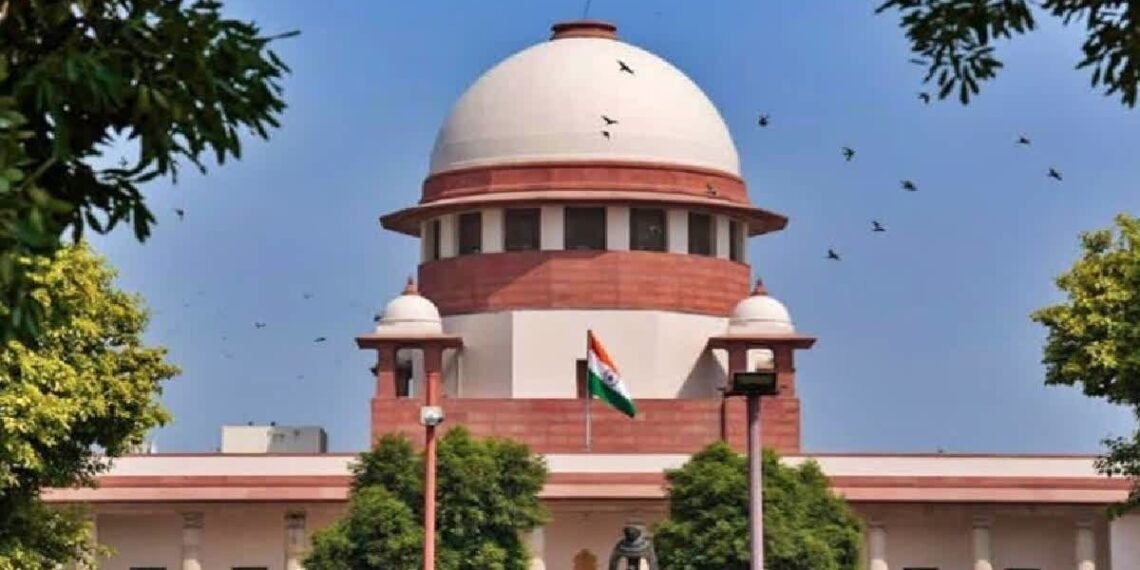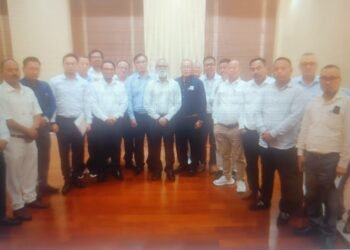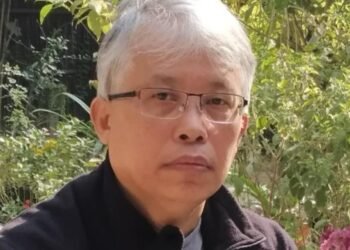On Wednesday, the central government filed a counter-affidavit in the Supreme Court, opposing a petition that calls for a lifetime ban on politicians from running in elections after criminal convictions.
The government indicated that the period of disqualification is firmly within the domain of legislative policy, as reported by Live Law. The claim was presented in an affidavit filed in response to a petition submitted by attorney Ashwini Upadhyaya in 2016, which contested the constitutional validity of Sections 8 and 9 of the Representation of the People Act, 1951.
“The issue of whether a lifetime ban would be suitable rests entirely within the jurisdiction of parliament,” the Centre stated in its counter-affidavit.
As per Section 8, an individual found guilty of certain offenses will be disqualified for six years after finishing their prison sentence. Similarly, Section 9 states that public officials removed for corruption or disloyalty to the State will be ineligible for five years from the dismissal date.
Nonetheless, the petitioner contended that this disqualification ought to be expanded to a lifetime prohibition.
The length of disqualification is determined by Parliament, considering the principles of proportionality and reasonableness. “The Centre stated, ‘Deterrence is guaranteed while excessive severity is prevented by limiting the penalty’s duration to a suitable timeframe.'”













